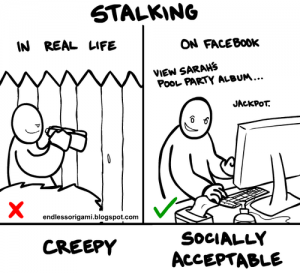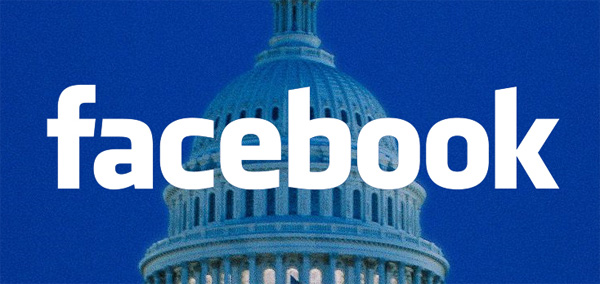
(Picture source: https://sphotos-b.xx.fbcdn.net/hphotos-ash4/417314_10150931418786729_1769228986_n.jpg)
I found this picture when I was browsing Facebook’s homepage on Facebook. It shows the regions where Facebook users are located and the millions of linkages among them. The picture looks fancy, as it shows how interconnected our world is (please ignore China for the moment). However, hidden behind these tiny blue lines is an important fact that there is a huge amount of personal privacy flowing around and ready to be utilized for purposes other than socializing.
Oxford Dictionary tells me that privacy means “the state or condition of being free from being observed or disturbed by other people”. If we follow this definition strictly, then it seems that whenever someone “observes” you on Facebook you lose your privacy to some extent. And now observation on Facebook is so easy: click on the friend’s name and his/her whole Facebook life is displayed in front of you in a time-line. So from the moment we signed up for a Facebook account and put down our first status/photo, we are already giving up some privacy in order to socialize and interact with others.
But when we argue about the privacy issues on Facebook, we are not (at least I am not) so much worried about the abovementioned privacy loss as compared to the loss of privacy to advertisers and application developers – the former being controlled loss while the latter not. I trust my friends will view my profile with no malicious intentions (and I hope they do not fail me). But I still have doubt over whether Facebook uses our data in a legitimate way despite its promise to “only send anonymized data to advertisers and app developers” and despite my privacy setting to allow only limited access to my data by third-party applications. After all, Facebook makes most of its money from these sectors, and when money is involved, boundaries become blurry.
Facebook states that allowing data to be passed to advertisers and application developers help build user-specific advertisements and applications that improve user experience. The result sounds promising but the process remains questionable: How does Facebook anonymize data? By just removing the name/ID of the user? I was checking my Facebook privacy settings and found out by surprise that many of the applications I use have access to my education history, birthday, hometown, photos and even my location – literally everything except my name. With the private information at hand, the third-parties can easily pinpoint a particular user without needing to know his/her name, and all that is happening without the user being informed.
So Facebook anonymizes us without anonymizing us. Think that is the worst part? Wrong! Facebook not only passes our confidential data to third-parties, it also allows some applications to post on our behalf (many people do not know how to turn this function off or do not bother). Facebook uses our data to profit from the third-parties while the third-parties use our time-line to publicize to (and therefore make money from) our friends. We are no longer just the target of commercialization; we are involuntarily becoming the tool of it.
Any remedies for us users? We can accept certain controlled privacy loss on Facebook because that is necessary for socializing purposes. However, on Facebook we will also encounter uncontrolled privacy infringement. Delete Facebook account for good? For some people that hurts even more than being exploited by commercial third-parties, and apparently our data is still available to Facebook even some time after deletion of account. We know the FTC and other supervising bodies are working on this mess but we cannot rely solely on them. It is our Facebook time-line, and we need to actively monitor it ourselves, starting from familiarizing ourselves with the privacy settings. This takes time and could not totally cut off the privacy outflow, but it does limit to a large extent how our data is used and where it goes to.
I sincerely hope that the next time I see this picture, I can focus on its visual impact without having to worry about the costs behind the privacy flow.

